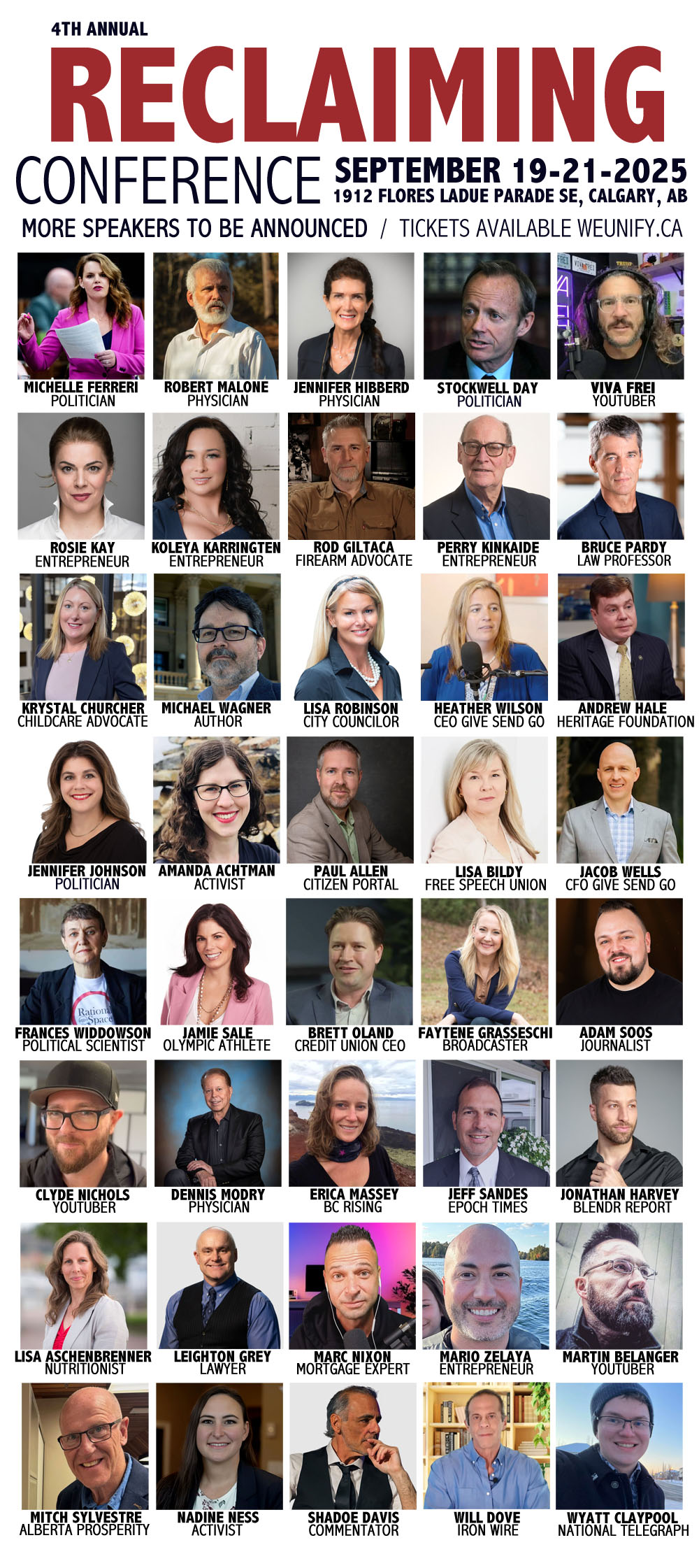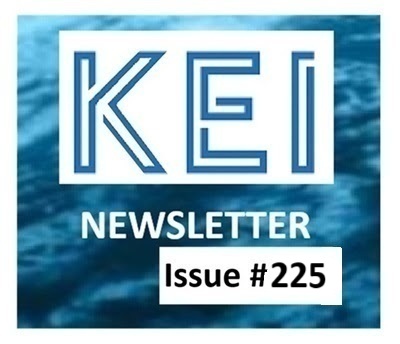|
Youth's Concerns and Aspirations: Ready to Lead? |
DIRECTORY | ||
|
Contributions: Education Must Be A Springboard for Continuous Learning |
Action:
Help sustain KEI's contributions |
Fact or Fiction?
Waiting is Killing |
|
|
Editor - Perry Kinkaide |
In this concluding issue of the Youth at the Crossroads series, we turn our focus to the voices that have carried us through each conversation—those of the youth themselves. Titled “Youth’s Concerns and Aspirations – Ready to Lead?”, this newsletter reflects on the fears, hopes, and emerging sense of responsibility shared by young Canadians as they confront a world marked by |
||
|
Youth's Concerns and Aspirations: Ready to Lead? A concluding reflection on youth voices from the KEI Network’s Youth at the Crossroads series.
Today’s youth are not confused—they are clear-eyed about a world in transition and determined to shape it. In the Youth at the Crossroads webinar series, young Canadians spoke not as passive observers of change, but as agents navigating its storms. Their voices, drawn from diverse backgrounds, revealed a generation wrestling with fear, fatigue, and rapid disruption—but also one awakening to purpose, self-direction, and new models of leadership.
COVID was not just a health crisis—it was a crucible of identity, isolation, and, for some, inner strength. While mandates and lockdowns were framed as protective measures, youth experienced them as disruptive to their development. From online classrooms to the silence of social withdrawal, the impact was deep. Yet in that void, some reclaimed their roots—one participant returned to his Indigenous culture and ceremony, transforming crisis into healing. Others built resilience through deeper family connections, entrepreneurial exploration, and global digital engagement, illustrating that stillness can also stir growth. Continued below No need to register. Just Zoom in https://us02web.zoom.us/j/84258596166?pw.. Continued from above Labels of fragility fall short of capturing the complexity—and capacity—of this generation. The notion of youth as “coddled” or “crippled” came under scrutiny. While some acknowledged overprotection had diminished opportunities to build resilience, others rejected the assumption that youth are inherently fragile. They called instead for exposure to challenge—not recklessly, but as a necessary force for growth. As one participant said, “The narrative around anxiety is part of what creates it.” This pushback signals a shift—from safe spaces to brave spaces, where character is forged.
Youth don’t want to fear climate change—they want to be empowered to steward the Earth. The language of crisis, they argued, can paralyze rather than mobilize. Instead of apocalyptic messaging, they advocated for stewardship rooted in local action and critical thinking. Indigenous youth, in particular, shared how environmental degradation is already disrupting cultural practices and ecosystems. But even among those with deep concern, there was resistance to politicization and polarization. The message: care for the Earth, yes—but let that care be grounded in hope and practical engagement.
Work, for this generation, is not just about jobs—it’s about purpose, adaptability, and meaning. Gone is the certainty of a single, stable career. Youth described a landscape where roles are fluid, jobs are transient, and skills must evolve. Yet they see this not as loss—but as opportunity. They emphasized the value of purpose over pay, of mastery over titles. With AI and automation on the rise, they stressed that the key to survival—and success—is continuous learning. As one put it, “The future belongs to those who keep reinventing themselves.”
Social media is shaping identity—but not always in ways that support authenticity or resilience. Youth acknowledged both the empowering and distorting effects of digital platforms. On one hand, media provides representation and community. On the other, it encourages shallow expressions of belief, performative branding, and anxiety-inducing comparisons. Several spoke of abandoning posting altogether to avoid conflict or inauthenticity. The consensus: media is a tool—but youth must become its masters, not its product.
Education, youth insist, must stop being about delivery and start being about discovery. They criticized passive instruction and outdated curricula, calling for more personalized, hands-on, and relevant learning. Mentors who challenged them to think critically left lasting impact—while rigid, test-driven classrooms often stifled curiosity. They urged schools to prepare them not just for exams, but for the real, changing world—through exposure to careers, interdisciplinary thinking, and space for exploration. As one noted, “Education should be a launchpad, not a finish line.”
A Generation Not to Be Managed, But Mobilized. Across every conversation, the message was clear: youth are not just worried—they are ready. Ready to lead, ready to build, and ready to take on a world that won’t wait. They are asking not for protection, but partnership. Not to be told what the future holds—but to help shape it. At the crossroads, they are not standing still—they are stepping forward.
Editor@KEInetwork.net
You're invited to Reclaiming Conference this year https://www.weunify.ca to join like-minded friends who are concerned about our shared future. Join us - a solution based conference focusing our attention on actionable ideas which are accessible to everyone so we can make a real difference. Save the date from Sep 19-21 this Fall as we are assembling citizens to discuss the Future of Leadership at the BMO Centre in Calgary, Alberta.
 Exhibition If you would like your organization to partner with us on the upcoming Exhibition Program, registration is now open on our ticket page https://weunify.ticketspice. Option 1 would be a general Exhibitor Pass which includes the following: - Access 3 days - 2 exhibition passes - 10x10 area - Pipe and drape - Table and chairs Option 2 would be a VIP Exhibitor Pass which includes higher visibility placement and customizations which exceed a general Exhibitor Pass. - Exhibition Pass benefits + - 2 additional exhibition passes - Highest visibility area - Custom area size available - Priority access So organizations can determine what budget they wish to allocate for team members who will be attending the Exhibition on behalf of the organization, we are selling conference tickets separately to offer maximum flexibility. In other words, the Exhibition Pass includes access to the Exhibition and other conference programming can be added on as an extra if desired. For clarity, this does not apply to Speakers attending the conference however it does apply to organization team members who may be attending on behalf of the organization. Option 3 allows organizations to expand involvement and become a sponsor. We created a Sponsor Form which helps explain future possibilities with partnership so we can reach a new audience together. https://forms.gle/ |




